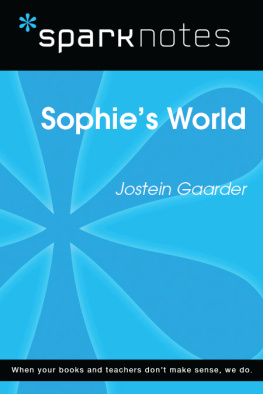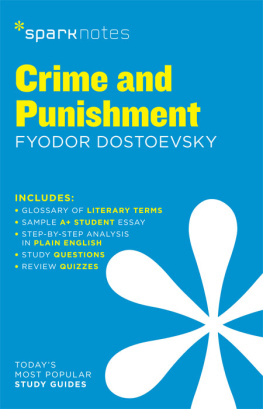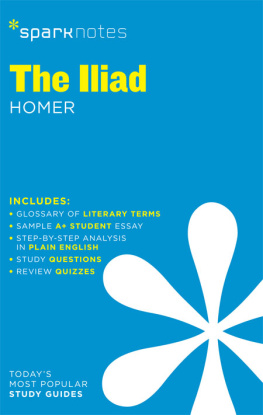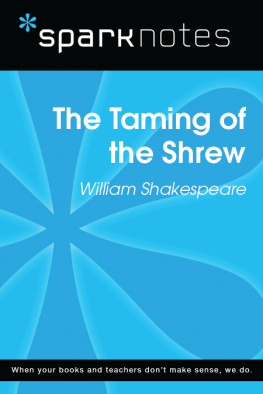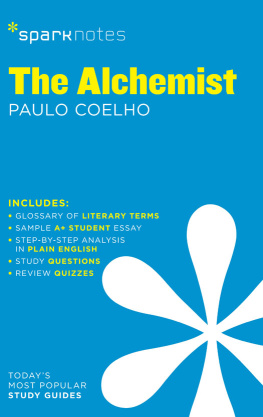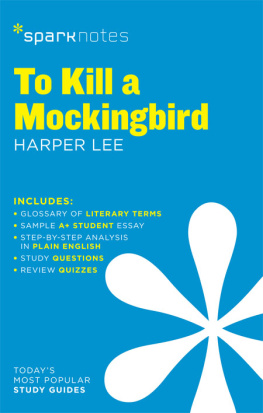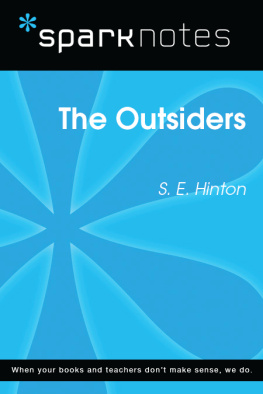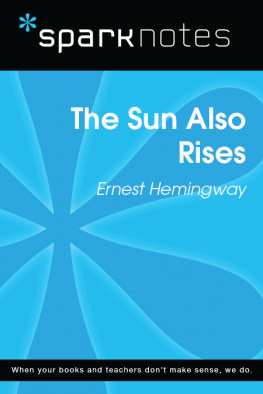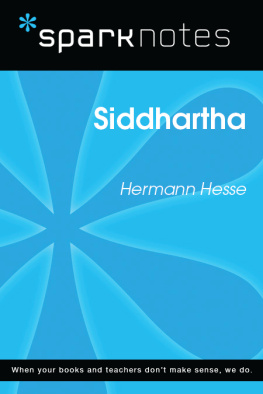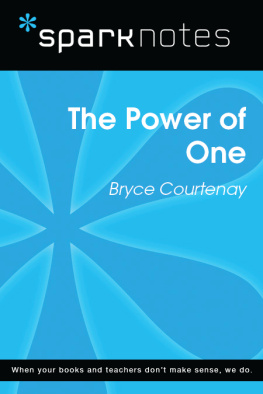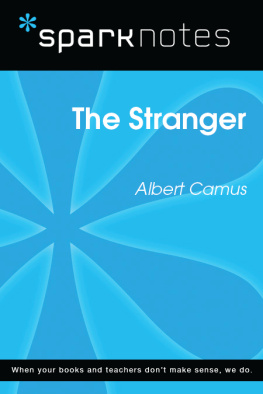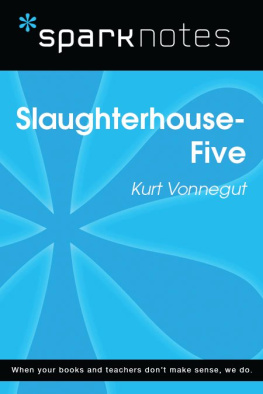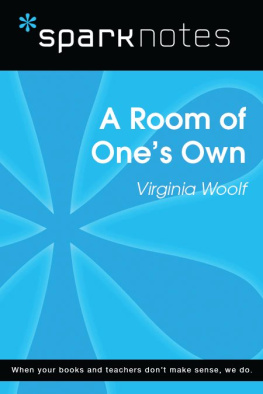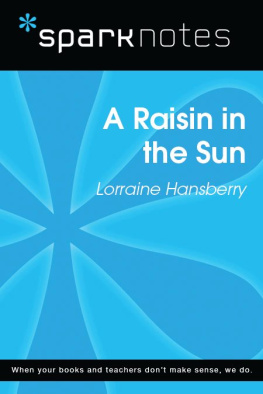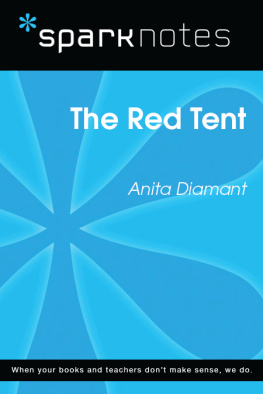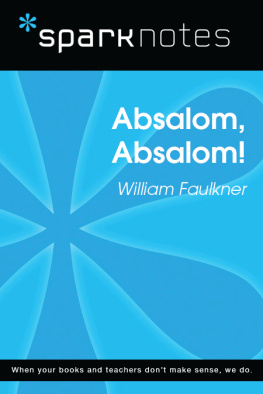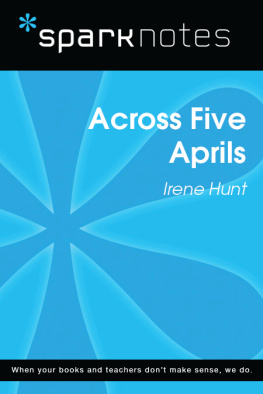Sophie's World
Jostein Gaarder
2003, 2007 by Spark Publishing
This Spark Publishing edition 2014 by SparkNotes LLC, an Affiliate of Barnes & Noble
All rights reserved. No part of this publication may be reproduced, stored in a retrieval system, or transmitted in any form or by any means (including electronic, mechanical, photocopying, recording, or otherwise) without prior written permission from the publisher.
Sparknotes is a registered trademark of SparkNotes LLC
Spark Publishing
A Division of Barnes & Noble
120 Fifth Avenue
New York, NY 10011
www.sparknotes.com /
ISBN-13: 978-1-4114-7773-5
Please submit changes or report errors to www.sparknotes.com/.
10 9 8 7 6 5 4 3 2 1
Context
Jostein Gaarder was born in Oslo, Norway, in 1952. His father was a headmaster and his mother was a teacher who also wrote children's books. Gaarder went to the University of Oslo, where he studied Scandinavian languages and theology. In 1974 he married and began to write. In 1981 Gaarder moved to Bergen and began to teach high school philosophy, a career that he continued for eleven years. Gaarder's early writings were contributions to philosophy and theology textbooks and in 1986 he published his first book, The Diagnosis and Other Stories. He then wrote two books for children before publishing The Solitaire Mystery, which won the 1990 Norwegian Literary Critics' Award and the Ministry of Cultural and Scientific Affairs' Literary Prize. With the publication of Sophie's World in 1991, Gaarder gained international fame. Sophie's World spent three years as the best selling book in Norway. His first book to be translated into English, Sophie's World was also the top-selling book in Germany, France, and Great Britain. It has been published in forty-four languages and in 1995 Sophie's World was the best selling book in the world. Gaarder is one of the best-known contemporary Scandinavian writers. Sophie's World has spawned a movie, a musical, a board game, and a CD-ROM. Jostein Gaarder lives in Oslo with his wife Siri and their two sons and he now writes full-time.
Gaarder is well known for writing from children's perspectives and most of his books are for a young audience. Sophie's World, however, has bridged the gap between audiences of different ages. The hero of the story, Sophie, turns fifteen during the course of the novel. However, the book is subtitled "A Novel About the History of Philosophy," and in it Gaarder tackles 2000 years worth of western philosophical thought. Much of the book's popularity stems from the fact that it takes complicated ideas and presents them in language comprehensible to young adults. It has been used as a textbook in many freshman year introductory surveys to philosophy. Gaarder himself taught high school philosophy for eleven years, so he must have been extremely aware of both the pitfalls and the importance of teaching the subject. His book has received acclaim both as a novel and as a history. Gaarder's manner of treating the philosophers is extremely helpful because often each chapter focuses on a single thinker or a single line of thought. Therefore, the book can be to understand a particular philosopher. At the same time, the plot is intricately woven through the history of philosophy, and so reading the book as a novel is pleasing and gives the reader a solid grounding in the history of western intellectual thought. It is possible that Gaarder wanted to come up with a way of teaching philosophy that would not be very pedagogical. Sophie's World has been popular with children and adults alike because it teaches philosophy clearly and in an entertaining manner.
Plot Overview
Sophie Amundsen is fourteen years old when the book begins, living in Norway. She begins a strange correspondence course in philosophy. Every day, a letter comes to her mailbox that contains a few questions and then later in the day a package comes with some typed pages describing the ideas of a philosopher who dealt with the issues raised by the questions. Although at first she does not know, later on Sophie learns that Alberto Knox is the name of the philosopher who is teaching her. He sends her packages via his dog Hermes. Alberto first tells Sophie that philosophy is extremely relevant to life and that if we do not question and ponder our very existence we are not really living. Then he proceeds to go through the history of western philosophy. Alberto teaches Sophie about the ancient myths that people had in the days before they tried to come up with natural explanations for the processes in the world. Then she learns about the natural philosophers who were concerned with change. Next Alberto describes Democritus and the theory of indivisible atoms underlying all of nature as well as the concept of fate.
At the same time as she takes the philosophy course, Sophie receives a strange postcard sent to Hilde Mller Knag, care of Sophie. The postcard is from Hilde's father and wishes Hilde happy birthday. Sophie is confused, and moreso when she finds a scarf with Hilde's name on it. She does not know what is happening but she is sure that Hilde and the philosophy course must somehow be connected. She learns about Socrates, who was wise enough to know that he knew nothing. Then Alberto sends her a video that shows him in present day Athens and somehow he seems to go back in time to ancient Athens. She learns about Plato and his world of ideas and then about Aristotle, who critiqued Plato, classified much of the natural world, and founded logic and our theory of concepts.
Then, as Sophie's education continues, the Hilde situation begins to get more complicated. She finds many more postcards to Hilde, and some of them are even dated on June 15, the day of Sophie will turn 15. The problem is that June 15 is still over a month away. She discovers some of this with her best friend Joanna, and one of the postcards tells Hilde that one day she will meet Sophie and also mentions Joanna. Strange things are happening that the girls cannot figure out. Sophie's relationship with her mother becomes somewhat strained as she tries both to cover up the correspondence with Alberto and to practice her philosophical thinking on her mom. Meanwhile, Alberto teaches Sophie about Jesus and the meeting of Indo-European and Semitic culture. She learns about St. Augustine, St. Aquinas, and the christianization of Greek philosophy that occurred in the Middle Ages. By this time, Sophie has met Alberto and he begins hinting that the philosophy is about to get extremely relevant to the strange things that are happening to her.
Sophie learns about the focus on humanity in the Renaissance and the extremes of the Baroque and then Alberto focuses on some key philosophers. Urgently, he teaches her about Descartes, who doubted, and by doing so knew at least that he could doubt. They move on to Spinoza as it becomes clear that Hilde's father has some awesome power over them. Then Sophie learns about the empiricists. Locke believed in natural rights and that everything we know is gained from experience. Hume, an important influence on Kant, showed that our actions are guided by feelings and warned against making laws based upon our experiences. But Berkeley is most important to Sophie because he suggested that perhaps our entire lives were inside the mind of God. And Alberto says that their lives are inside the mind of Albert Knag, Hilde's father.
At this point the story switches to Hilde's point of view. On June 15, the day she turns fifteen, Hilde receives a birthday gift from her father entitled

